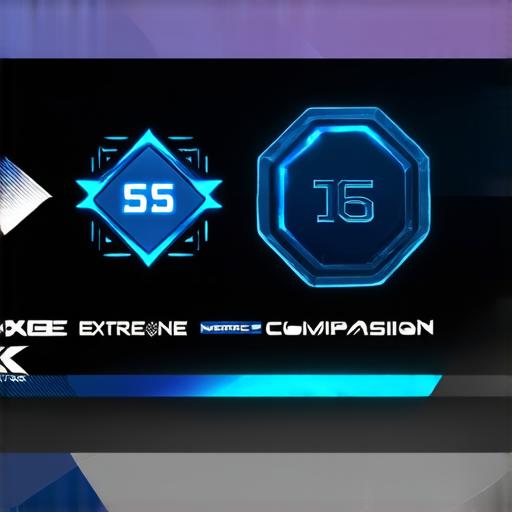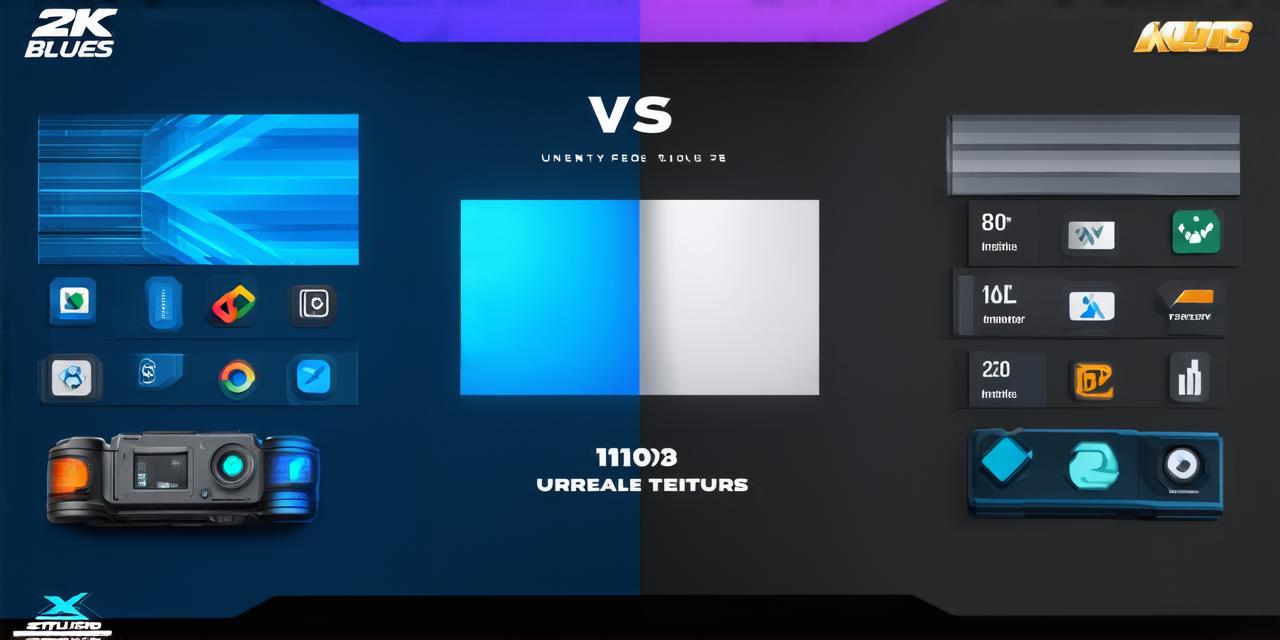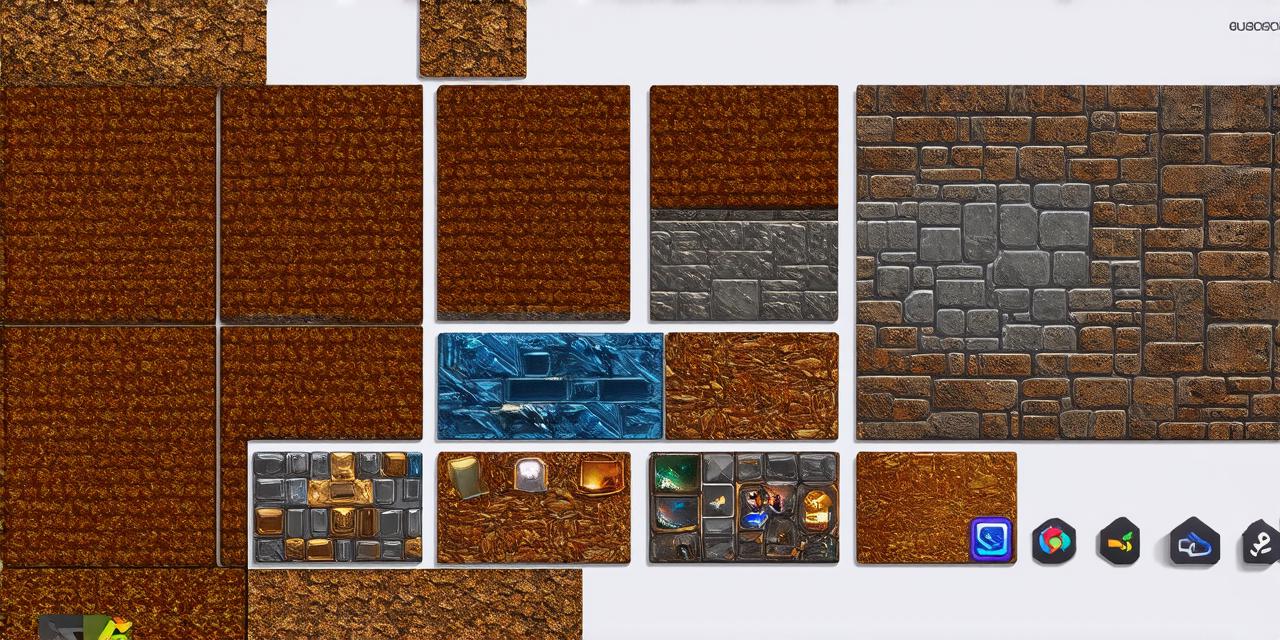When it comes to creating interactive and immersive 3D experiences, there are several tools available to developers. Two of the most popular are Unreal Engine and Unity.
While both engines have their own unique features and capabilities, some developers may be wondering which one is better suited for their needs. In this article, we will explore the strengths and weaknesses of both engines and provide a detailed analysis of their suitability for various types of 3D game development projects.
Unreal Engine: A Powerful 3D Development Toolkit
Unreal Engine is a widely-used 3D development toolkit that is known for its powerful graphics rendering capabilities, advanced physics engine, and intuitive editor interface. Some of the key features of Unreal Engine include:

- High-performance graphics rendering: Unreal Engine uses a cutting-edge graphics pipeline that delivers stunning visuals with minimal performance overhead. This makes it an ideal choice for creating AAA games and other high-end 3D experiences.
- Advanced physics engine: Unreal Engine includes a highly advanced physics engine that allows developers to create complex, realistic physics interactions in their 3D environments. This is particularly useful for creating action-packed games or simulations where accurate physics behavior is critical.
- User-friendly editor interface: The Unreal Engine editor is designed to be intuitive and easy to use, even for those without extensive game development experience. It includes a wide range of built-in tools and features that make it easy to create 3D content, set up game logic, and fine-tune performance settings.
Unity: A Versatile 3D Development Toolset
Unity is another popular 3D development toolkit that offers a wide range of features and capabilities suitable for creating 2D and 3D games, interactive experiences, and virtual reality applications. Some of the key features of Unity include:
- Cross-platform support: Unity supports multiple platforms including Windows, Mac, iOS, Android, and consoles like PlayStation and Xbox. This makes it easy to create games that can run on a wide range of devices and platforms.
- Easy scripting: Unity includes a powerful scripting engine that allows developers to write code in C or JavaScript. This makes it easy to create custom game logic and interact with 3D content using scripted commands.
- Large community support: Unity has a large and active community of developers who contribute to the development of plugins, assets, and tools that can be used to extend the capabilities of the engine. This community support is one of the strengths of Unity and makes it easy for developers to find solutions to common problems.
Which Engine Is Better Suited For Your Needs?
When deciding which engine to use for your 3D game development project, there are several factors to consider. These include the type of game you are building, the complexity of your content, and the performance requirements of your application. In general, Unreal Engine is better suited for high-end AAA games or other applications that require advanced graphics rendering capabilities and complex physics interactions. On the other hand, Unity is a more versatile toolset that is well-suited for creating games that can run on multiple platforms and is particularly useful for 2D game development.
Case Studies and Personal Experiences
<p




